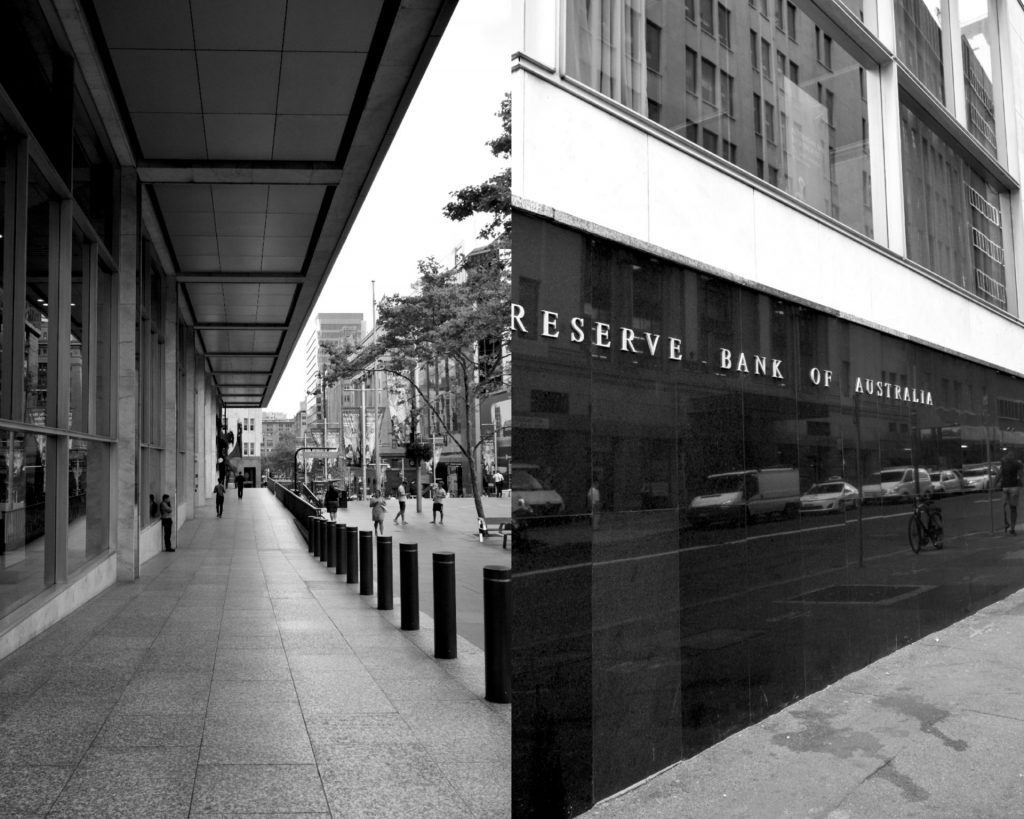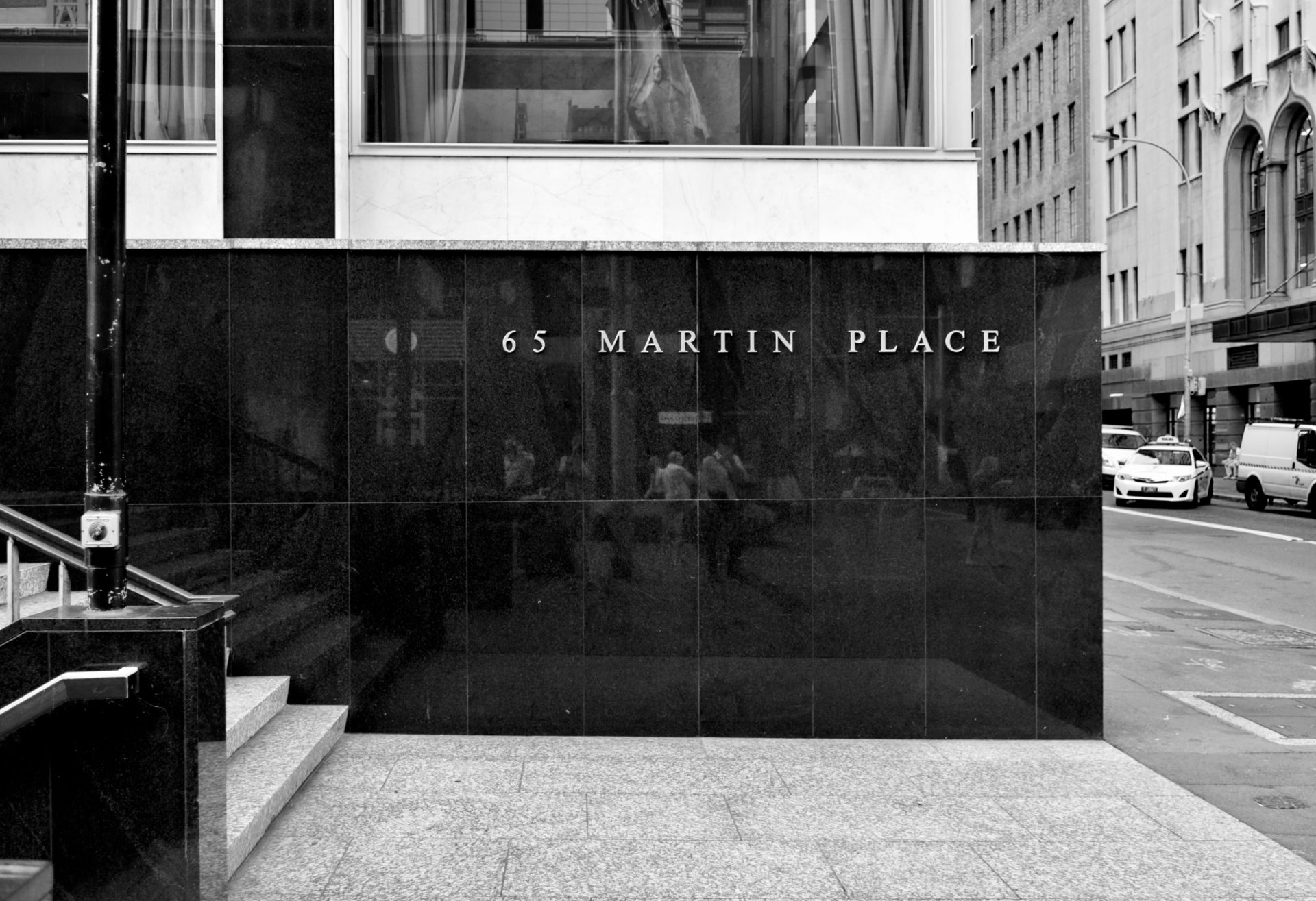In December last year, the Reserve Bank of Australia (RBA) once again left the official cash rate on hold at 1.5%, for the 16th consecutive month. In fact, there hasn’t been a rate increase since November 2010. Back then, the RBA was increasing rates in the vicinity of 4.75%, and an average discounted mortgage rate was around 7.15%.
Whilst we know that predicting the future of the country’s finances is more of an art than a science, that hasn’t stopped the crystal gazing from many of the country’s leading economists and financial analysts, who have offered their forecasts for 2018.
Rates to remain
The general consensus among experts is that the RBA will continue its trend of inactivity for the most part of 2018, and keep rates on hold, with a rise to come, if at all, toward the end of the year.
Westpac’s Chief Economist Bill Evans is of the belief that there won’t be any movement in the new year, and perhaps not until 2020. “We are not convinced that the cash rate will need to rise any time throughout the course of 2018 or 2019,” he said.
This is due to the fact that Evans remains unconvinced the Australian economy will grow as fast as the RBA is expecting over the next few years, with its “overly optimistic” expectations for inflation and wages growth sitting outside of Westpac’s own predictions. “The RBA expects growth in Australia to be 3.25% in 2018 and 3.5% in 2019 (above trend of 2.75%),” he said. “Westpac expects a below trend pace of 2.5% in both years.”

Rates to rise
Economists David Plank and Felicity Emmet at ANZ are predicting not one, but two rate rises by the end of this year, with the first one to be actioned in May.
They predict the cash rate will rise by 0.25 percentage points in May, followed by another hike of the same size in the latter half of the year. Previously, ANZ was not forecasting any rate hikes for 2018 due to “downside risks” to the economy, however new data suggests said risks have eased eliminating the need for such low rates.
“Our central view is that by the middle of next year the growth outlook will be strong enough to drive a fall in the unemployment rate and an eventual pick-up in wage and price inflation.” Emmett said. “The Bank’s increased focus on financial stability suggests to us that it will move rates off the current historic low levels a little earlier than it would have in previous cycles, as long as it feels confident that inflation is heading in the right direction.”
Rates to drop
In contrast to this, analysts at Credit Suisse believe rate cuts could still be on the cards for 2018, due in part to a weakening of the property market.
“Supposing that residential investment flattens out at a high level, and that infrastructure investment growth slows, it is very hard for us to see where above potential growth will come from” Credit Suisse said. “It is even harder to see inflation returning back to the RBA’s target band over the next few years. Therefore, we still see room for rate cuts.”
Research Analyst with Credit Suisse, Damien Boey, predicts that a fall in prices in the Sydney housing market could prompt the Reserve Bank to cut rates yet again. He believes that falling house prices will remain a "concern" for Bank officials, at least until they can see a “sustained uplift in housing demand from outside the system.”

What we think
It is important to remember, that as history tells us, the banks are not beholden to the movements of the RBA and have been known to move their own rates outside of the RBA’s activity. Considering that the last time we saw an official cash rate increase was circa. 2010, there has been significant fluctuations in the banks rates during that time, irrespective of the RBA’s official position.
“At Pure Finance we think rates will hold for 2018 with no change. Ask us last year, and we would have said a possible increase towards the second half of 2018 was on the horizon” says Managing Director, Brendan Dixon. “The reason for this change in opinion is that markets can change and affect predictions."
"Our advice as always is to plan for the increase because as we all know, rates are the lowest they’ve been in almost 50 years, so they are bound to increase eventually.”
Whenever you take out a home loan, your income is stress tested to ensure you can still make repayments at increased interest rates of around 7.25% meaning that a rate increase is already factored in. The shock that people feel from a rate increase is usually because people are accustomed to their previously lower interest rate and then have to adjust to a new repayment.
“If you’re ever worried about a rising interest rate, just remember that the very best insurance policy you can have (in my humble opinion), is to build up extra repayments in your account while interest rates are low. Don’t pay the minimum, pay extra! That way, no matter what the future holds, you have a healthy buffer of pre-payments.”
Want to chat about your options? We’d love to help!
You can contact us here: 1300 664 603
Or here: info@nullpurefinance.com.au
